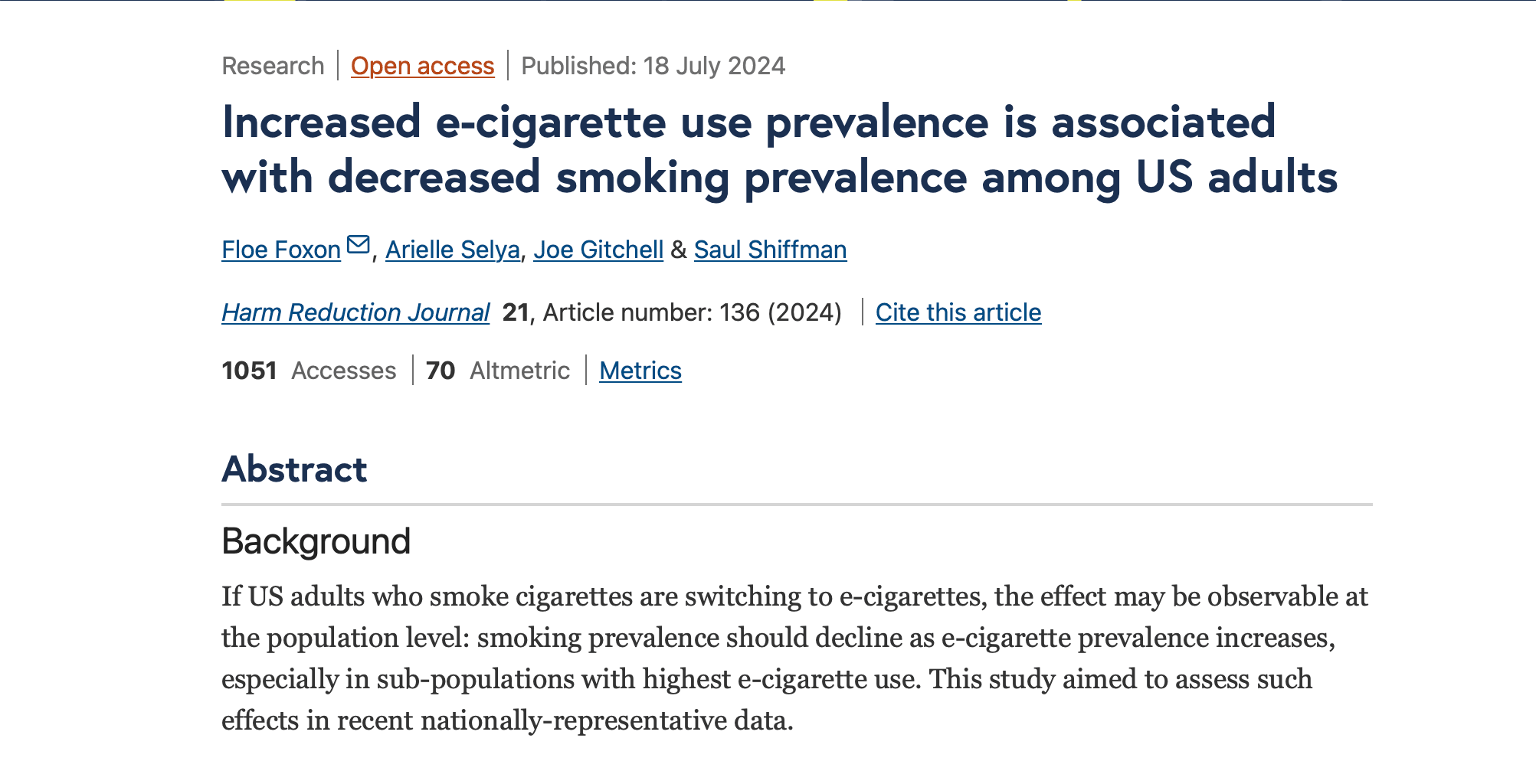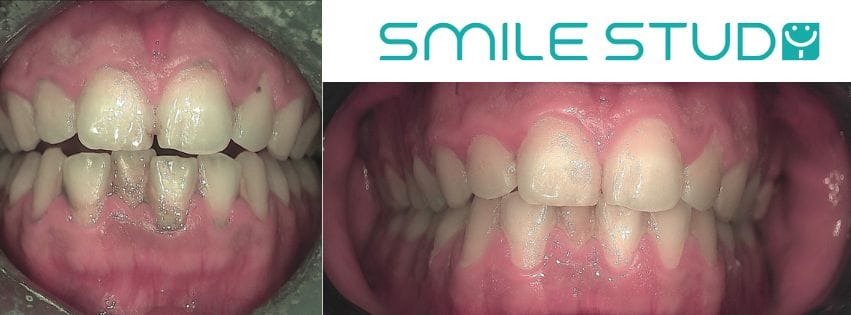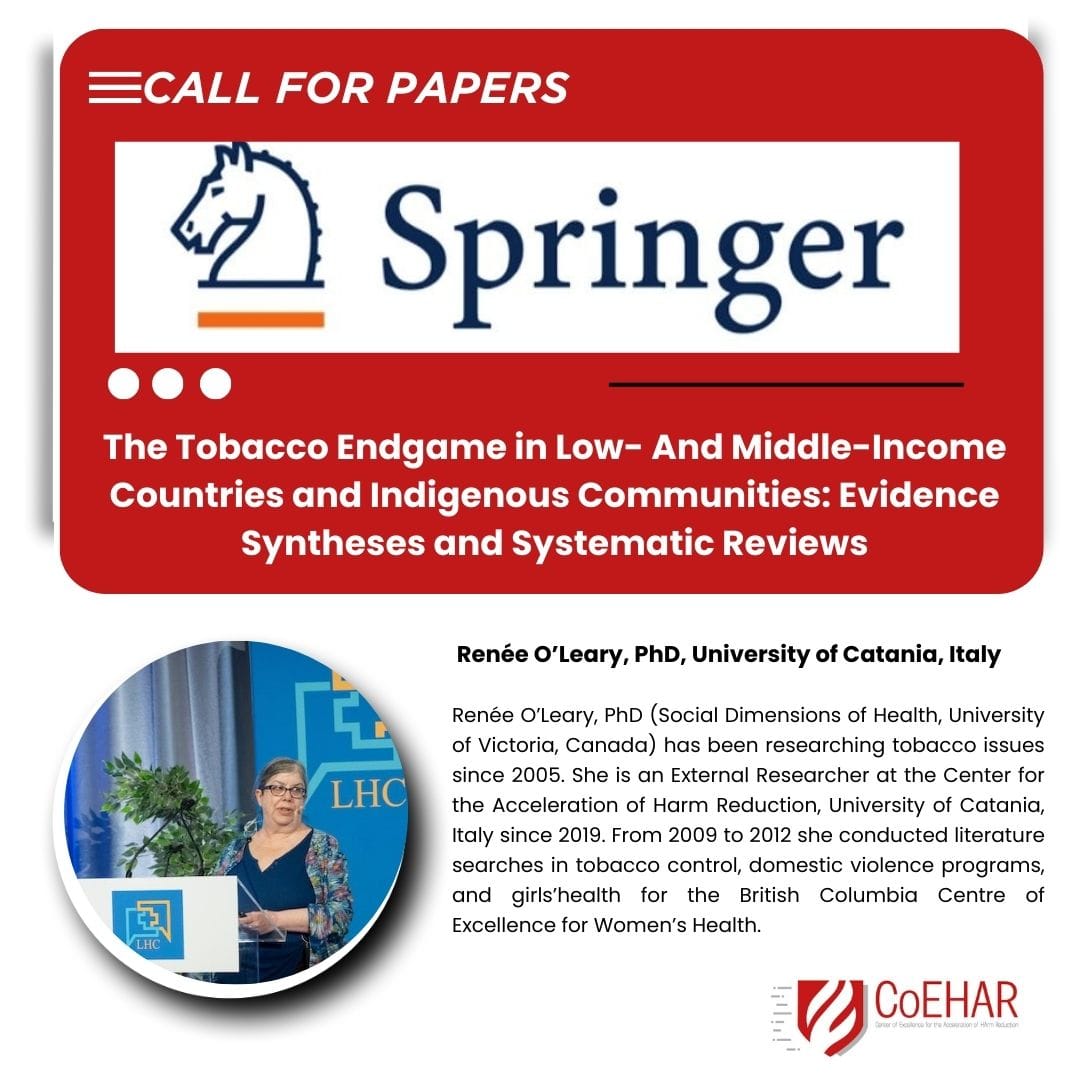The CoEHAR sent a letter to the Spanish Government and proposes 3 lines of guidance for modifying the anti-smoking legislation
CoEHAR members has sent a letter to the Spanish Ministry of Health regarding the recent proposal to amend the anti-smoking law. This amendment could lead the Spanish government to restrict…










